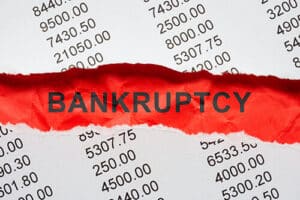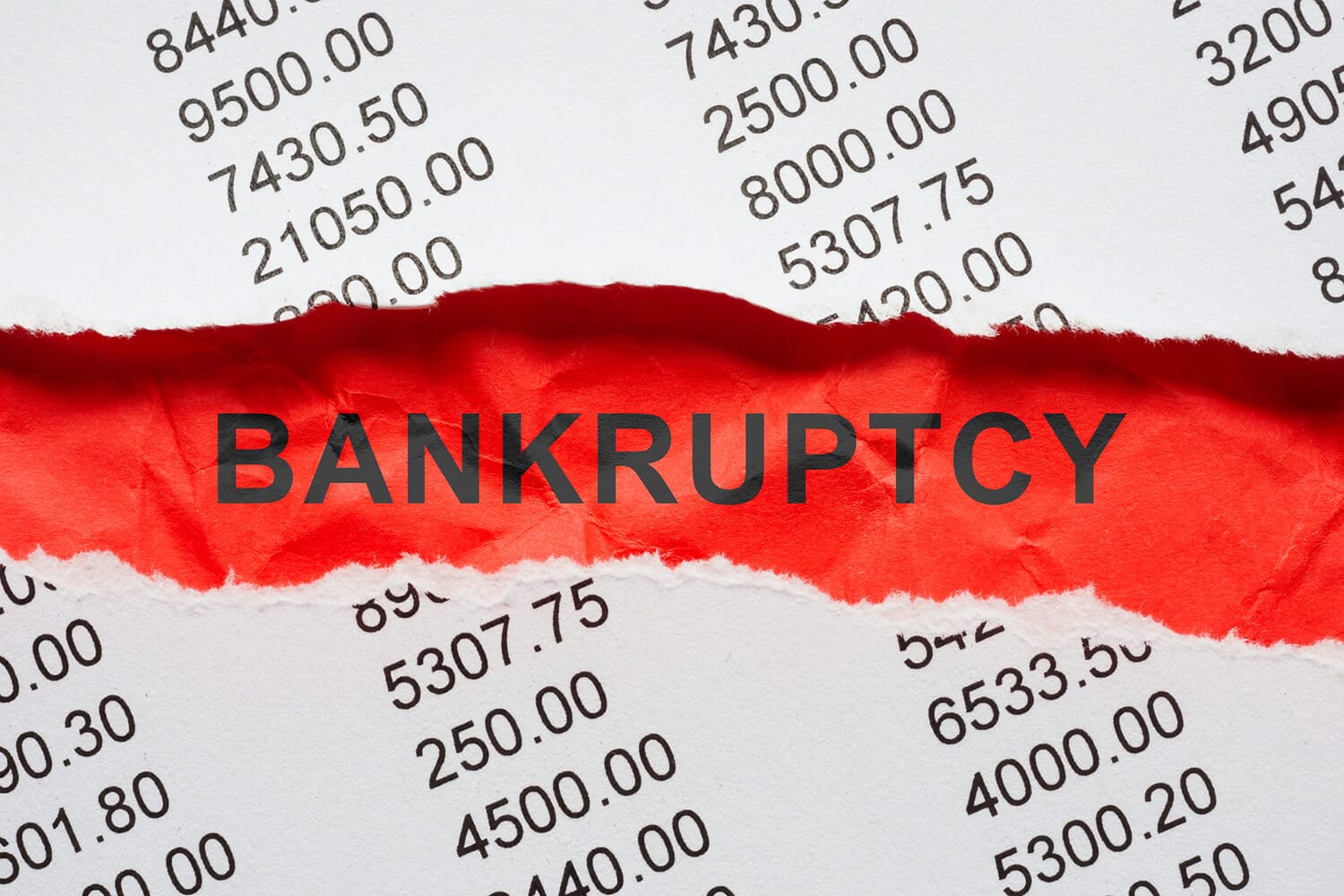New Jersey’s Enduring Commitment to Child Support, Despite Parental Bankruptcy
 Financial hardship can force you to ask yourself the hard questions. Do I have to file bankruptcy, and will it forgive my back child support obligations? Filing bankruptcy is stressful and terribly disruptive to the lives of everyone involved and affected. When one parent files bankruptcy, the other one may bear the burden of increased debt. However, that is not the case with child support in New Jersey.
Financial hardship can force you to ask yourself the hard questions. Do I have to file bankruptcy, and will it forgive my back child support obligations? Filing bankruptcy is stressful and terribly disruptive to the lives of everyone involved and affected. When one parent files bankruptcy, the other one may bear the burden of increased debt. However, that is not the case with child support in New Jersey.
Child Support is Protected and Non-Dischargeable in Bankruptcy Proceedings
Bankruptcy does not relieve a parent of their child support obligation. In other words, the other parent does not have to foot the child support bill because the other filed bankruptcy. Bankruptcies involve debts classified as either priority or non-priority. Priority debts are generally non-dischargeable and include court orders for support, like child support and alimony. So, you cannot erase your child support current child support payments or arrears by filing bankruptcy. The Bankruptcy Abuse Prevention and Consumer Act of 2005 changed key bankruptcy advantages for debtors. One significant change is designating child support as a priority debt to be paid before others. As priority debts, child support payment obligations are unaffected by the filing of Chapter 7 or Chapter 13 bankruptcy. The debtor must continue paying child support regardless of the bankruptcy chapter.
Bankruptcy May Offer Relief, but Child Support Still Must Be Paid in NJ
One key feature of bankruptcy is the automatic stay that kicks in once a debtor files a Chapter 7 or Chapter 13. The stay orders creditors to discontinue collection efforts once bankruptcy begins to give debtors breathing room. However, the automatic stay does not apply to child support orders, and a debtor must continue paying support as ordered by the court.
Child Support Arrears Remain a Debt You Must Pay
Parents who fall behind on child support payments accumulate arrears. Unpaid support obligations are also non-dischargeable, so a parent in bankruptcy must continue paying down arrears. They, too, are priority obligations that the debtor pays before any other debts.
Using Bankruptcy as Evidence to Modify Your New Jersey Child Support Payments
In sum, bankruptcy does not end child support. However, bankruptcy may prove that the debtor’s financial situation has substantially changed enough to justify modifying child support. A child support order in New Jersey is modifiable based on a substantial change in financial circumstances, whether to the paying parent or the supported child’s needs. Thus, a parent who becomes unemployed for the foreseeable future or experiences long-term health problems and consequential medical expenses may file a motion to modify child support in the family division of the superior court. The loss of income from a job loss or health problems may be a substantial financial change for child support modification. However, child support modifications are not automatic once a parent’s financial situation changes. The payor parent must file a motion and prove that their financial circumstances significantly changed since the court ordered child support. Their moving papers must present persuasive evidence of the changed circumstances.
A bankruptcy may reflect those financial hardships justifying a downward modification of child support. However, a court weighs many factors when deciding to modify child support, the child’s best interests being the primary concern.
Even After Bankruptcy, the NJ Child Support Enforcement Agency Still Takes Action to Collect
Child support is still due and owing during bankruptcy, and the New Jersey Child Support Enforcement Agency will continue to enforce child support orders during and after a bankruptcy. The agency’s job is to enforce and collect current and past-due court-ordered support, including funds and healthcare coverage. The agency’s enforcement includes wage garnishments, a legal order that requires an employer to withhold a portion of an employee’s income for child support or child support arrears. The agency has the power to collect support by seizing bank account monies, holding federal or state tax refunds, attaching liens to property and assets, and intercepting lottery winnings. Other enforcement techniques target the liberty and privileges of the delinquent payor. The agency can issue bench warrants for disobeying a child support order. A bench warrant can land an individual in jail when a routine traffic stop turns up a bench warrant. The police can arrest the 
The state can also schedule enforcement hearings for a judge to decide in the parents’ presence what to do about the non-payment of support. The child support enforcement agency submits evidence for a judge to review and decide how to resolve the problem. The agency can also suspend the obligated parent’s driver’s license, professional license, and passport to force compliance. Driving without a license can lead to serious legal troubles if law enforcement discovers the infraction.
Finally, New Jersey’s Child Support Enforcement Agency can ruin someone’s credit by reporting judgments and late or delinquent payments to credit bureaus and attaching liens to real property or financial accounts. When parents skip out on their payment obligations and leave town, the agency uses its resources to locate the parent. It can locate a parent through a bankruptcy filing by searching the court dockets.
Get Legal Counsel to Handle Child Support Issues During and After Bankruptcy Proceedings in New Jersey
A Chapter 7 bankruptcy may give you relief from paying most consumer debt, but it will not eliminate your child support order and arrears in New Jersey. If you have concerns, consult with a family law attorney for an explanation of how bankruptcy affects your child support obligations. At Bronzino Law Firm, our dedicated lawyers can help protect child support rights in bankruptcy and help you with legal enforcement of child support court orders. You need a lawyer to file the correct paperwork with the courts and monitor legal proceedings to protect your child support rights, and this is where we can assist you. When you need a support modification, our attorneys can gather the evidence necessary to prove a substantial loss of income through termination notices, bank account evidence, or a bankruptcy filing under oath. We handle child support modifications on behalf of clients in Mantoloking, Beachwood, Seaside Heights, Brielle, Toms River, Ocean Gate, Neptune, and throughout Ocean and Monmouth Counties on a regular basis and have been doing so for years.
A legal representative to counsel, guide, and represent you in gaining, maintaining, modifying, and protecting child support when one parent files bankruptcy is essential. Contact us at (732) 812-3102 to speak with a family law attorney today. Our team is available to answer your questions and provide the legal counsel you need.







